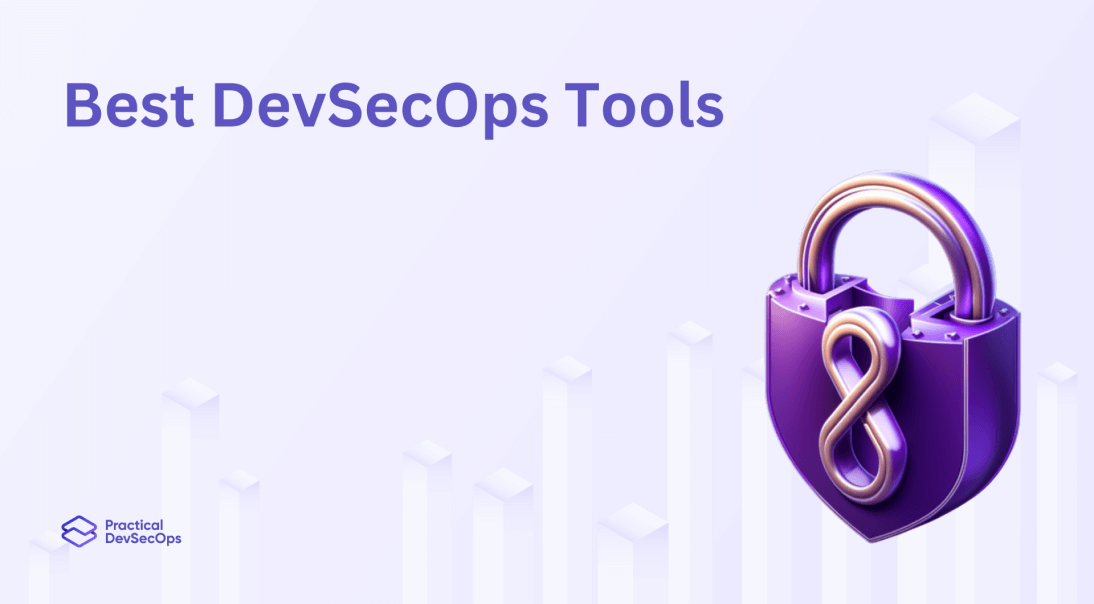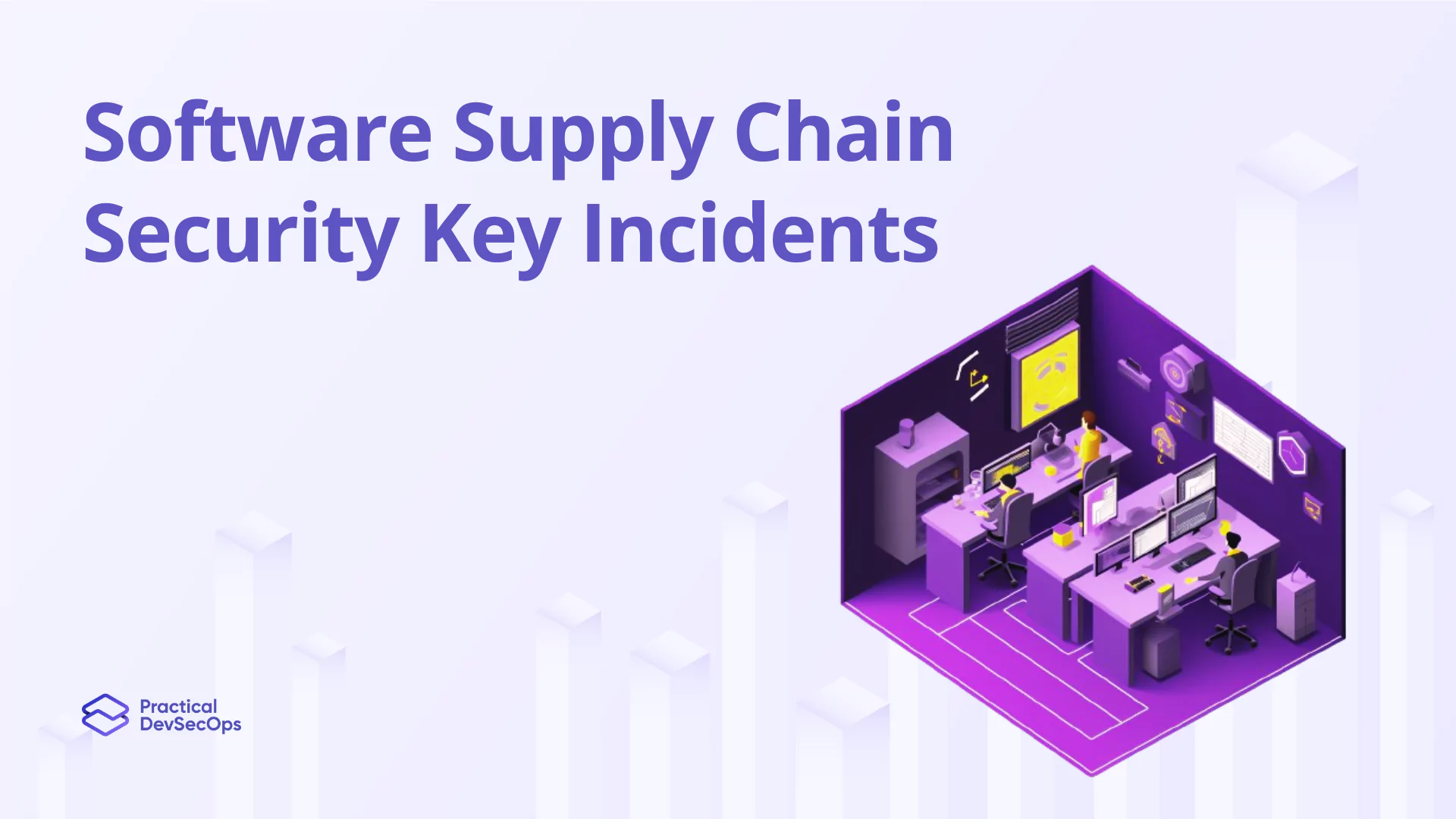Security risks are rising with the advancement of technology. Organizations are increasingly choosing to opt for a DevSecOps culture to improve security. But to effectively implement a DevSecOps culture, you must have efficient DevSecOps teams. As you craft your DevSecOps team, you will need the best DevSecOps tools in the market tools to ensure your application remains secure during each development phase.
Best DevSecOps Tools List for 2024
Explore the top DevSecOps tools that set industry standards for security and efficiency. Here are some of the best DevSecOps tools list you can choose to deploy
1. Veracode
Veracode is an amazing cloud-based security tool created to simplify developer security testing. It provides comprehensive visibility into your application’s security posture and offers remediation tips for any vulnerabilities it detects.
2. Checkmarx
Checkmarx provides AI-powered software security solutions that help identify and remediate code vulnerabilities. It integrates easily into your development pipeline and provides actionable insights into your security posture.
3. OWASP ZAP
OWASP ZAP is a free and open-source web application security scanner. It is highly customizable and can identify vulnerabilities in your application and works by intercepting аnd modifying HTTР аnd HTTРS trаffic between the wеb аpplicаtion аnd сlient. ZAP has the capability to scan for a range of security issues and includes аutomаted аnd mаnuаl scаnning modes.
4. Burp Suite
Burp Suite is a leading platform for web application security testing. It offers a variety of tools to help you identify and remediate vulnerabilities and integrates seamlessly into your DevSecOps pipeline.
5. SonarQube
SonarQube is a popular code quality tool that offers security-focused plugins to help identify code vulnerabilities during development, provides continuous feedback on your code, and enables you to maintain high code quality.
6. Fortify
Fortify is an industry-leading application security tool that offers comprehensive testing capabilities, including static, dynamic, and interactive application security testing. It also offers integrations with leading tools for seamless DevSecOps.
7. Snyk
Snyk is a popular developer-first application security tool that integrates directly into your development tools and workflows. It supports multiple languages and offers actionable insight into your app’s security posture.
8. Coverity
Coverity is a static analysis tool that detects and helps you remediate critical software defects that could impact the security of your application. It also offers integrations with all the leading DevSecOps tools, making it a popular choice for large organizations.
10. AppScan
AppScan is a popular application security tool produced by HCL Technologies, a leader in the cybersecurity field. Its AI-powered solution is easy-to-use and supports both static and dynamic applications.
Also read, Best DevSecOps Books
What is DevSecOps Tools
DevSecOps tools are a set of software and applications that facilitate the integration of security practices into the software development and operations lifecycle. These tools play a pivotal role in ensuring that security measures are seamlessly woven into every step of the development process – from code creation to deployment and beyond.
DevSecOps Security Tools
Prioritize application security with tools like Checkmarx and OWASP ZAP, designed to detect and remediate vulnerabilities effectively, enhancing your security posture seamlessly.
DevSecOps Automation Tools
Leverage automation to streamline your DevSecOps workflows with tools such as Snyk and SonarQube, which automate security checks and maintain code quality across development phases.
DevSecOps Integration Tools
Integrate seamlessly with DevSecOps tools like Burp Suite and Coverity, which facilitate cohesive workflows and enhance collaboration across development, operations, and security teams.
DevSecOps Tools for Vulnerability Management
Manage vulnerabilities efficiently with Fortify and AppScan, tools that provide comprehensive scanning capabilities to identify and mitigate security risks before deployment.
Conclusion
By using these top-quality DevSecOps tools, you can have peace of mind knowing that your application is secure and protected through all stages of development. Choose the ones that best suit your needs and build a secure DevSecOps pipeline that caters to your business’s evolving security requirements.
Interested in being skilled in DevSecOps Tools?
Practical DevSecOps offers an excellent Certified DevSecOps Professional (CDP) course with hands-on training through browser-based labs, 24/7 instructor support, and the best learning resources to upskill in DevSecOps skills.
Start your journey mastering DevSecOps today with Practical DevSecOps!
Most Frequently Asked Questions
What are the key features to look for in DevSecOps tools?
Look for automation, integration capabilities, real-time vulnerability scanning, and support for multiple programming languages.
How do DevSecOps tools enhance security in the development pipeline?
DevSecOps tools integrate security at every stage of the software development lifecycle, enabling early detection and mitigation of vulnerabilities.
What are the most popular DevSecOps tools used by organizations?
Widely used tools include Jenkins, Docker, Kubernetes, GitLab, and JIRA, known for their robustness and comprehensive features.
How do DevSecOps tools integrate with existing development workflows?
DevSecOps tools seamlessly integrate with existing workflows through plugins and APIs, aligning security with development and operations without disrupting processes.
What are the benefits of using cloud-based DevSecOps tools?
Cloud-based tools offer scalability, easier updates, reduced infrastructure costs, and access from anywhere, enhancing collaboration and flexibility.
How can DevSecOps tools help in continuous security validation?
DevSecOps tools automate the scanning of code, configurations, and deployments, continuously validating security measures and ensuring compliance throughout the development process.
What are the challenges of implementing DevSecOps tools in an organization?
Challenges include cultural shifts, training needs, tool compatibility, and balancing speed with security.
How do you choose the right DevSecOps tools for your team?
Select tools based on your team’s expertise, existing infrastructure, specific security needs, and the tool’s compatibility with your tech stack.
What is the role of automation in DevSecOps tools?
Automation in DevSecOps streamlines processes, reduces human error, ensures consistent security practices, and speeds up deployments.
How can DevSecOps tools improve collaboration between development, security, and operations teams?
These tools foster real-time communication and shared responsibility among teams, ensuring that security, development, and operations are aligned and transparent.
What are the Best DevSecOps Software in 2024?
The best DevSecOps tools in 2024 include CloudDefense.AI, Veracode, Checkmarx, OWASP ZAP, Burp Suite, SonarQube, Fortify, Acunetix, and Aqua Security. These device tool chains automate security processes, integrate checks into development pipelines, and ensure compliance and robust security measures throughout the software development lifecycle.
What is Devsecops Maturity Model?
The DevSecOps maturity model assesses and advances an organization’s integration of security into the software development lifecycle. It includes stages: Beginner (manual processes), Intermediate (automation), Advanced (deep security integration), and Expert (high automation and advanced practices).
What are the Different Types of DevSecOps methodologies?
Key DevSecOps methodologies include Agile, Waterfall, DevOps, Shift-Left, Threat Modeling, DoD, and Microsoft SDL. These integrate security practices into development, testing, and deployment, shifting security left to address issues early. The focus is on embedding security throughout the software lifecycle, rather than treating it as an afterthought, to build secure software faster and more cost-effectively.
What are the Encryption Techniques used in DevSecOps?
DevSecOps uses various encryption techniques to secure data in motion and at rest. These include:
- Code encryption
- Code compression
- White-box cryptography
- Point-to-Point encryption (P2PE)
- Decryption
- Key management
- Centralized key management
- Role-based access control (RBAC)
Also read, Why DevSecOps is a good career option






0 Comments